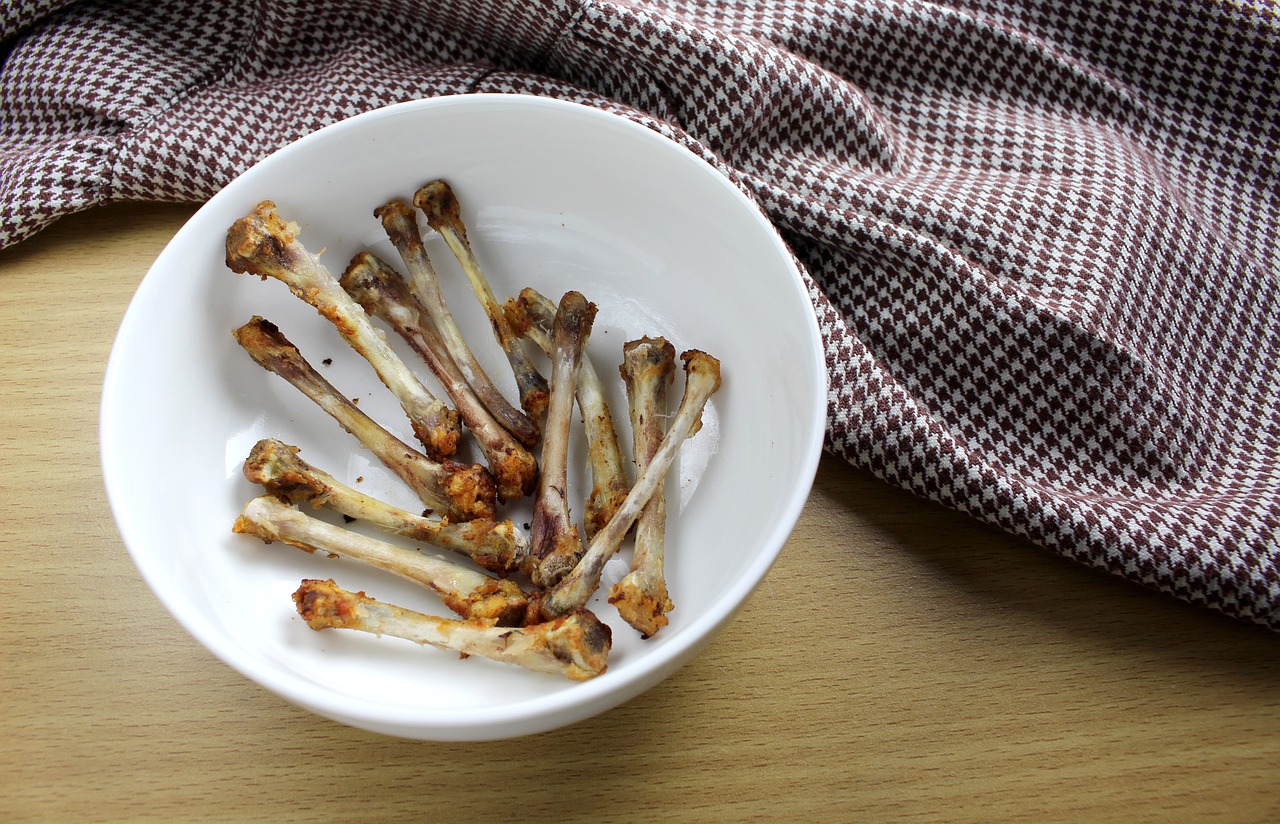
How to Reduce Food Waste
Reducing food waste should be a goal for every restaurant, supermarket, bakery, hotel, and household in the UK. 1.3 billion tons of food are wasted globally every year. This is terrible given the number of people who don’t have enough food to eat, and it also has a big negative impact on the environment.
Food is wasted at many points across its journey, so there’s no single solution for food waste reduction. This includes wasting food when it’s transported and distributed, during preparation in commercial and domestic kitchens, in supermarkets, and plate waste in restaurants, hotels, and at home.
There are ways to reduce food waste across all stages – from production to consumption. Find out how to reduce food waste with these tips and information to help businesses and households start reducing food waste.
Get a FREE quote
Get a fast FREE quote for waste collection
- Free quote within 1 hr
- Any type of waste
- FREE bins and delivery
- We cover all of the UK
Why should we
reduce food waste?
Food waste reduction helps the environment. Producing food requires lots of land, water, and energy, which is wasted when food is thrown away. Any waste food that ends up in landfill also rots and produces methane. Food waste is responsible for between 6 and 8% of all greenhouse gas emissions caused by humans.
Methane is much more potent than carbon dioxide and it traps heat in the atmosphere that contributes towards global warming. Responsible food waste disposal such as composting and anaerobic digestion minimises its environmental impact. However, reducing food waste is the best way to prevent damaging the environment.
Other benefits of reducing food waste include that it helps your business or household save money. You won’t pay for ingredients and food products that aren’t used or need to cover the costs of waste food bin collections from your business as often.

How can we
reduce food waste?
There are many ways to reduce food waste. These range from the methods used to grow food on farms and make cakes in bakeries to storing products in supermarkets and preparing meals in restaurants and at home. Different ways to reduce food waste effectively depend on where the waste is occurring.
These are some general tips to reduce food waste whether you run a business or want to cut down on your waste food at home:
- Only buy food you need – homes and businesses should avoid overbuying foods that then go off and are thrown away. Take a regular inventory and check your fridge, freezer, and store cupboard before buying more food items.
- Use ugly fruit and veg – most misshapen and slightly bruised fruits and vegetables still have the same flavours and consistency. More supermarkets and companies are selling ‘wonky’ foods, which prevents them from being wasted.
- Rotate your food stock – use the ‘first in, first out’ strategy at home or work when buying food. Move any existing items in your fridge, freezer, or storage space to the front and place new ones at the back to avoid items expiring or going off before use.
- Store food properly – ensure fridges and freezers are running at their optimum temperatures and that any cupboards don’t get too hot. Store food in the right places to prevent it from going off too quickly and regularly check them.
- Donate food – many charities, food banks, and other good causes accept food from businesses and households. Dry goods and tinned items are popular even if they’re close to their best-before date, while some may take fruit, veg, chilled, and frozen leftovers if you won’t use them.
How to reduce food waste
in restaurants and hotels
Food waste costs restaurants in the UK around £682 million every year. This is mainly from creating waste during meal preparations, improper storage, and plate waste from customers. Methods of reducing waste food in restaurants and hotels are similar and help cut your waste management costs while also benefitting the environment.
Ways to reduce food waste in restaurants and hotels include to:
- Check deliveries – inspect all food deliveries you receive against the order to avoid accepting extra items by accident that you won’t use. Reject anything that’s visibly damaged or is at the wrong temperature, as they’ll spoil faster resulting in waste if you can’t use them quicker.
- Label food correctly – organisation is vital to minimise food waste in restaurants and hotels. Label all food correctly in storage with dates, allergens, and product descriptions. This avoids unlabelled containers being thrown away as you don’t know what’s in them or when they must be used by.
- Conduct regular inventories – checking what food items you have in stock and their dates helps avoid overordering or items going to waste as you forget you have them.
- Review portions – anticipate demand for certain dishes on your menu due to seasonal preferences. Adapt portion sizes if you find customers are constantly leaving plate waste or complaining items are too small.
- Provide more menu options – provide options of sides such as chips, salad, or rice for certain dishes. This means you don’t serve customers with obligatory items they don’t like that will go to waste. Add information such as ‘serves two’ to larger dishes to keep customers informed.
- Offer leftover boxes – let customers know if you can provide a box so they can take home any dishes they don’t finish. Offer any instructions about reheating too.
- Train employees – poor food preparation is responsible for 45% of food waste in restaurants. Train your staff so they know how to prepare dishes correctly and minimise waste food in any commercial kitchen.
How to reduce food
waste at school
Reducing food waste in schools is important as it can be a big source of waste food. There are more than 10 million pupils at over 32,000 schools in the UK with between 80 and 90% eating school meals. That means a lot of dishes served up every day across the country in our schools, but also plenty of waste.
Many factors lead to waste food in schools. These include unappealing meal choices, extra large portions, long queues, and poor eating environments. School food waste reduction is essential as waste food from schools is responsible for around 13% of all non-household food waste, according to WRAP. Their research found that 77% of school food waste was avoidable too.
A few ways of reducing food waste in schools include to:
- Monitor the menu – record the type and amount of food waste from the school dining hall as accurately as possible. Store data about what dishes are the most and least popular and adapt the menu based on what pupils like while ensuring you provide balanced and healthy options.
- Serve smaller portions – increase portion sizes as children get older rather than serving up the same amounts to every child. Pupils should return for an extra portion (which the school provides) rather than leaving piles of leftovers.
- Teach kids about food waste – educating children about the impact of wasting food on the environment may help with school food waste reduction. Covering the importance of nutrition might ensure pupils try more foods and find they like them, leading to lower levels of waste food.
- Streamline queuing – the longer children have to wait for their lunch, the quicker they’ll shovel it down or leave half of it so they can get back to playing during their break. Studies have shown kids need around 20 minutes to sit down to eat, so operate an efficient dining hall system that ensures this and minimises queueing.
- Reuse and donate leftovers – some waste in the school kitchen is unavoidable, like in any commercial kitchen. Have a system in place to freeze or use any leftovers in future dishes where possible or donate them to a local charity or cause.
How to reduce food waste
in supermarkets
Supermarkets throw away the equivalent of 190 million meals every year in the UK. Around 200,000 tonnes of own-label supermarket food are sent for anaerobic digestion or used as animal feed when it’s still edible. Waste food in supermarkets is a big issue but there are ways shops of all sizes can reduce their food waste:
- Arrange displays effectively – big displays of fresh food aren’t always efficient if many items are on the shelf too long. Optimise displays and understand the maximum number of items in each section to avoid spoilage on the shelf. Review data to see where best to place certain products on the shop floor.
- Ensure cold chain efficiency – check the temperature of all refrigerated and frozen produce the supermarket receives and store it at the correct temperature. Regularly rotate items to avoid those near the back getting too cold and vice versa, both in storage and out front.
- Rotate stock to avoid expiry – some reports claim 87% of supermarket food waste is due to expired items. Use the first in first out method to ensure the newest produce is at the front. Train employees in doing this with once or twice daily rotations.
- Apply discounts in good time – as food comes closer to its use by or best before date you should apply discounts in good time. This encourages shoppers to buy them and use them rather than it going to waste, or discounts being applied too late.
- Sell imperfect foods – up to 15% of food is wasted before it reaches supermarkets due to their high standards. People have a bigger appetite for imperfect produce such as fruit and veg, realising most of it tastes the same. Accept and sell ‘wonky’ food items either with discounts or in separate sections to avoid wastage.

How to reduce food
waste at home
Every household in the UK could save £700 a year by reducing its food waste, according to WRAP. In some cases, wasting food may be unavoidable. Composting it at home rather than throwing it away with your general waste is a good alternative where possible. Otherwise, the best action is to reduce and eliminate waste food at home.
Use these food waste reduction tips at home:
- Freeze leftovers – simply sticking any leftovers in the freezer (if you have space) is an easy way to avoid wasting food. Cooking and freezing food before it goes off if you don’t have time to eat it is a great way to prevent domestic food waste. Most frozen food retains its nutritious value.
- Use overripe fruit – if you’ve got fruit or vegetables that are starting to wilt they should still have plenty of flavour. Use them in a different way such as blending in a smoothie or soup. This way the texture isn’t as important, so it doesn’t matter if they’ve gone a bit soft or miscoloured.
- Get creative – there are many websites and apps offering recipes where you simply tap in the leftover foods you’ve got for some good ideas, like Epicurious and Allrecipes.
- Ignore ‘best before’ dates – ok, don’t fully ignore them but if anything says ‘best before’ use this as a guide. Give the item a smell and visual test and if it seems fine it probably is. Any items with use-by dates on should be eaten before then.
- Preserve your food – pickling, fermenting, and conserving fruits, vegetables, and meats is a great way to extend their life. This helps reduce waste food at home as you can store them and eat them over a longer period while adding a new flavour in some cases.
Read more waste reduction guides
Interested in more ways to reduce different types of waste in your home or business? Check out our other guides, tips, and advice for minimising waste.
Get a fast and free quote
Get a fast FREE quote for your waste collection
- Free quote within 1 hr
- Any type of waste
- FREE bins and delivery
- We cover all of the UK
